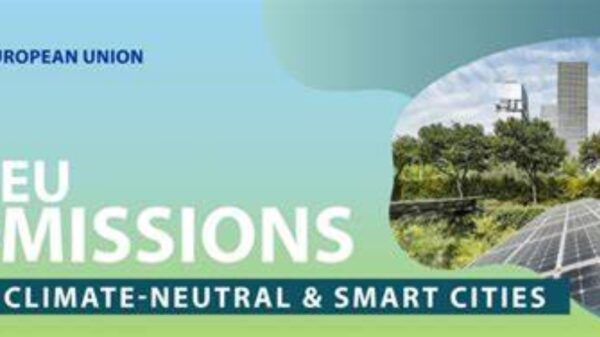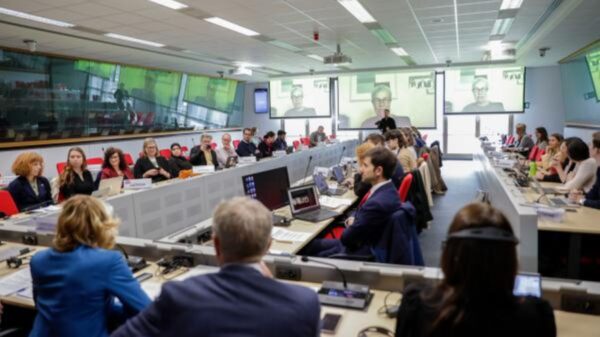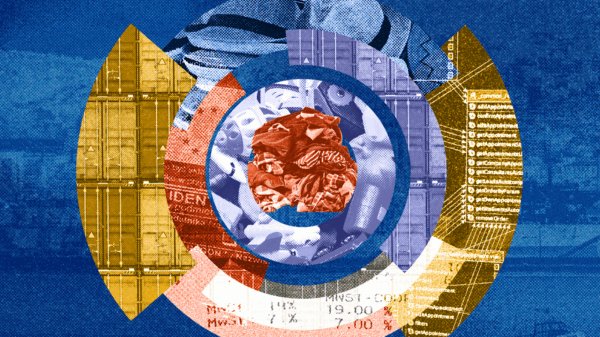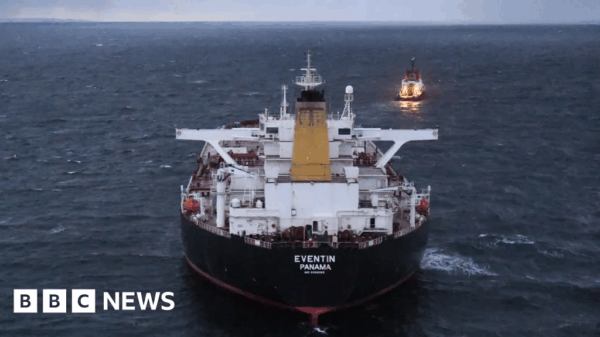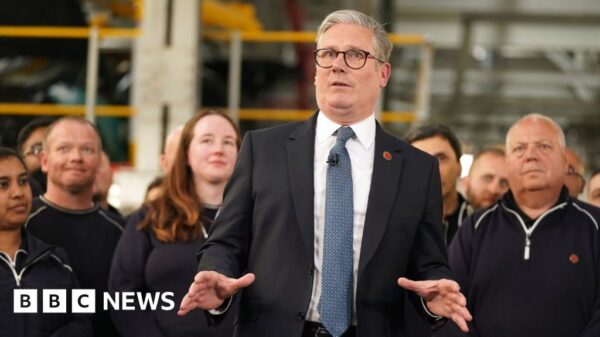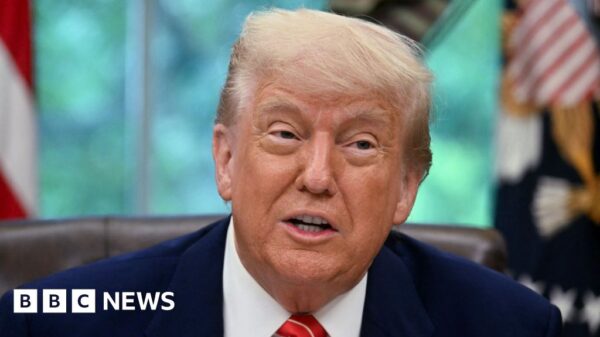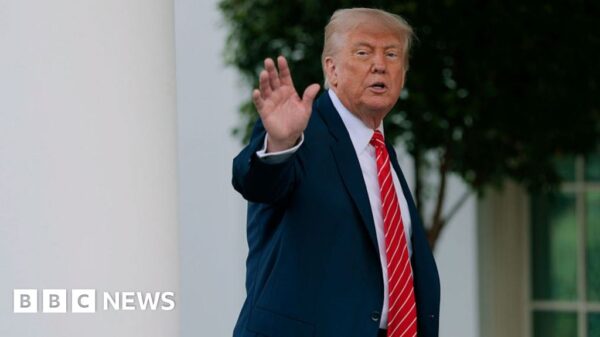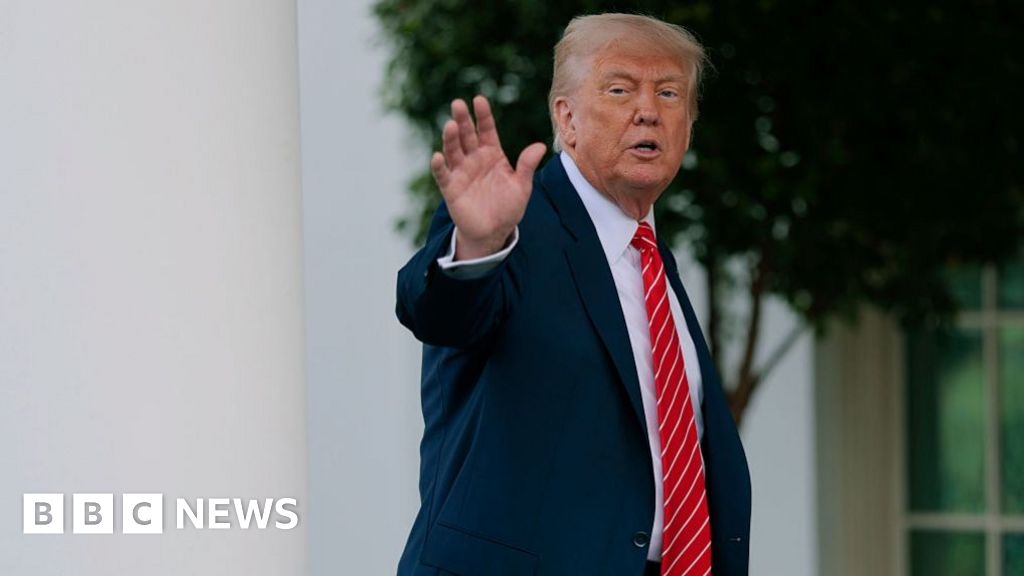When President Donald Trump unveiled sweeping taxes on imports from around the world last month, he said the measures aimed to right America’s trade relationships.
In his new pact with the UK, we got a glimpse of the kind of agreements he might seek to negotiate across the globe.
Both the US and UK have so far offered limited details about the new trade deal, which both say is still being worked out in the weeks ahead.
But anyone hoping the White House will either significantly roll back its tariffs – or win major concessions abroad – seem bound for disappointment.
Under the outline presented on Thursday, the 10% import tax that Trump announced last month on most UK goods will remain intact.
Otherwise, the plans mostly amounted to the White House agreeing to walk back some of the import taxes it has unveiled on strategic sectors, such as cars and steel.
In exchange, the White House said it had won changes – which were unspecified – that would expand opportunities for sales of American beef, ethanol and other agricultural products in the UK.
“The actual substantive items that they negotiated are pretty narrow,” said Stan Veuger, a senior fellow in economic policy studies at the American Enterprise Institute. “In some sense you could say they basically took the status quo, made marginal changes and called it a deal.”
The Trump administration, which has seen markets panic at its tariff announcements, was eager to sell the announcement as significant, describing it as a “breakthrough”.
In the UK, Sir Keir Starmer, who also has incentive to want to be seen as a solid negotiator, called it “historic”, while noting there was more work to be done.
Steelmakers and car firms in the UK did express relief, saying the tariff rollback would help save jobs.
But it was hardly missed on anyone that despite progress, goods from the UK are still facing higher tariffs than they were a few weeks ago.
In the US, most analysts agreed that substantive benefits would be limited, despite the two sides discussing trade on and off for nearly a decade.
Mr Veuger noted that Trump in his first term was similarly willing to declare victory on deals with China, Mexico and Canada that experts likewise said would have narrow impact.
“I think for Trump the goal really is to have a deal and it doesn’t really matter what it looks like in the substance, ” he said. “It tells me it’s not that hard to get to a deal but it also tells me there’s not that much room to make changes.”
Thursday’s announcements drew an unusually sharp rebuke from American carmakers, which noted that the plans made UK-made cars less expensive to import than many of the models made by their companies, which have operations in Mexico and Canada.
Other analysts pounced on the irony of the president dismissing concerns that tariffs are driving up prices for dolls while he agrees to lower taxes on imported cars for the ultra-wealthy like Rolls-Royces and Bentleys, which are UK companies.
The National Cattlemen’s Beef Association said it welcomed the deal but other groups representing farmers, a key part of Trump’s political base, were notably muted.
The American Farm Bureau Federation called it an “important first step”, while noting “more work is needed”.
“This is a good deal for American farmers … but it is at the end of the day a fairly narrowly-focused framework,” said Lewis Lukens, former acting US Ambassador to the UK and deputy chief of mission to the US embassy in London during part of Trump’s first term.
“It gives Trump a political victory with not too much really to show behind it.”
Republicans, traditionally a free-trade party, were quick to celebrate the achievement.
Rep Adrian Smith, a Republican from Nebraska, who chairs a subcommittee on trade, told the BBC he was “pleased” over the initial trade pact.
“This is a significant step toward eliminating barriers to American products in foreign markets and friendshoring supply chains,” he said, commending the administration for the swift negotiations, though noting he was happy to see details of the deal were still being negotiated “to address additional concerns”.
In a note to clients after the press conference, Paul Ashworth, chief North America economist at Capital Economics, said the announcement indicated “rising desperation” in the White House to ease its tariffs before they caused significant economic damage.
But those economic risks are coming not from the UK, but America’s relationship with China, which sent more than $400bn worth of goods to the US last year, more than six times that of the UK.
Trump has hiked import taxes on Chinese products to at least 145%, prompting Beijing to retaliate with its own duties on American goods.
Trade traffic between the two countries has dropped precipitously since last month, raising fears that the tariffs will lead not only to price rises, as had been widely predicted, but shortages as well.
The two sides are set to have their first talks this weekend, but what will come out of them remain unclear.
Meanwhile, the clock is ticking on a 90-day pause that Trump placed on some of the highest tariffs he had announced last month on partners such as the European Union, Vietnam and Cambodia.
Earlier this week, Trump appeared testy when asked by reporters about his trade negotiations.
“Everyone says, ‘When, when, when are you going to sign deals?'” he said. “I wish they’d … stop asking.”
But it seems unlikely that this announcement with the UK will be the one to get the critics off his back.
Reporting contributed by “The Context” on the BBC television and Max Matza

